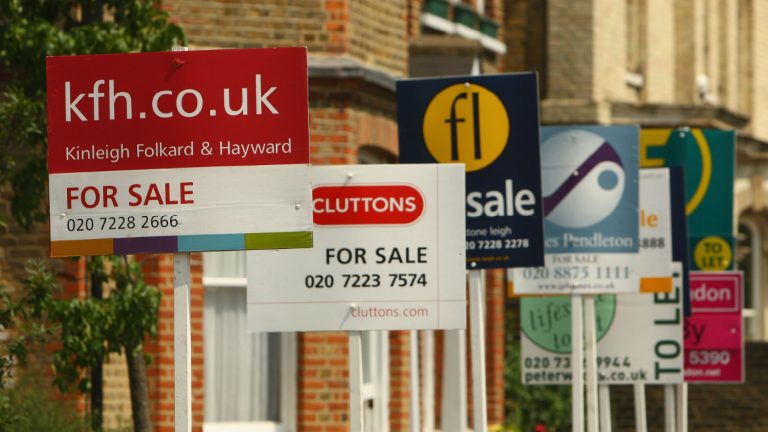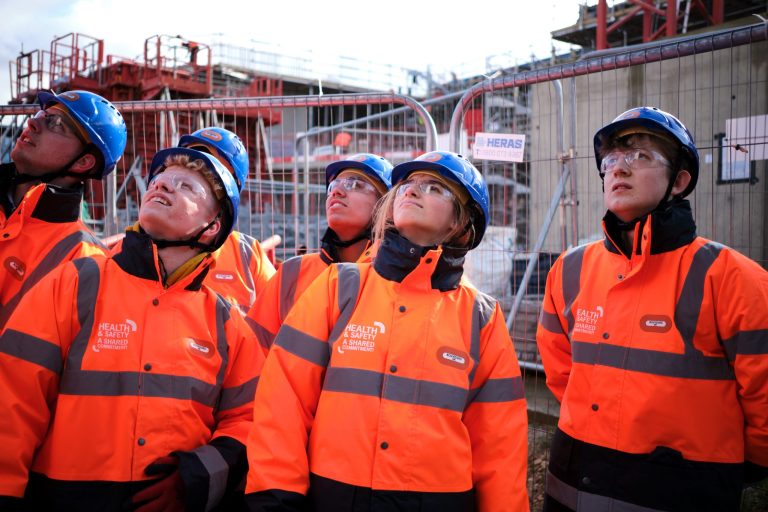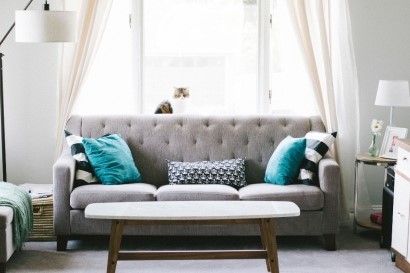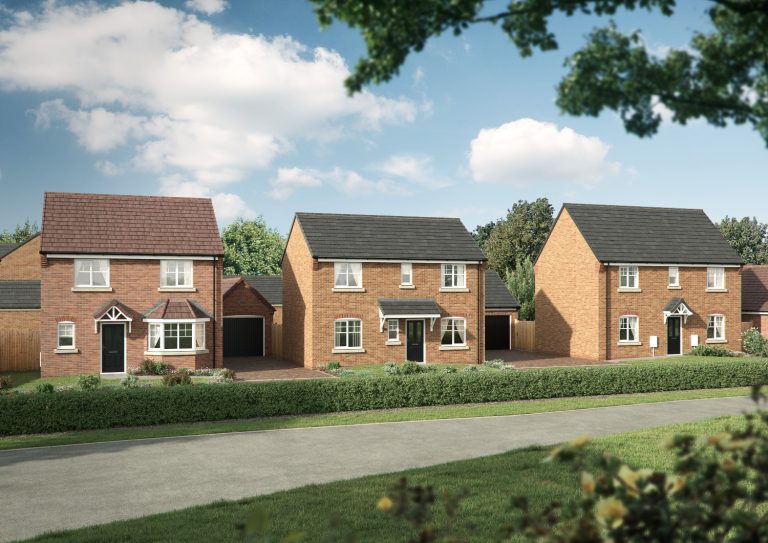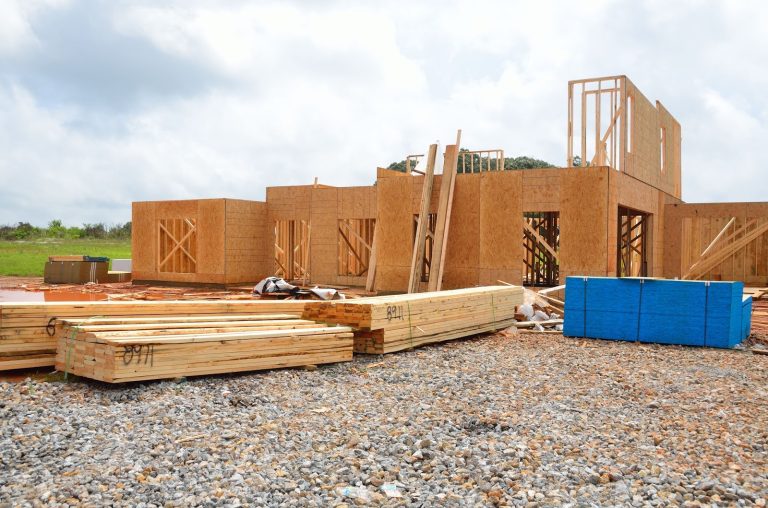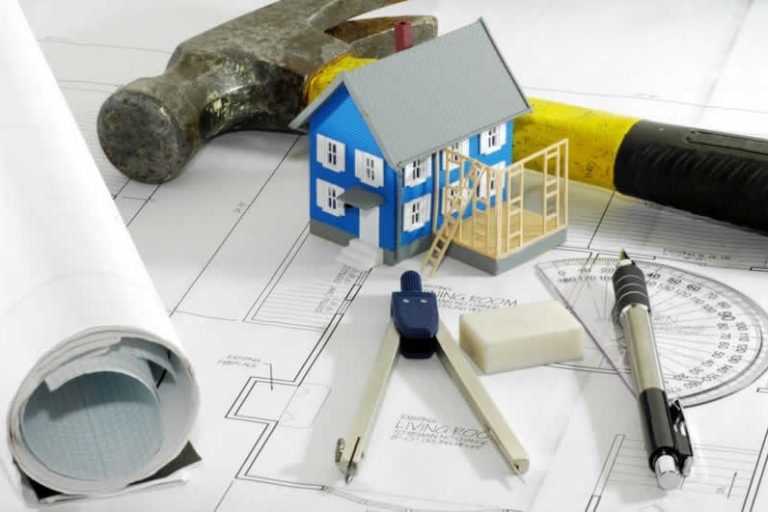Building your first home is a big undertaking. It can be stressful and overwhelming, but there are many things you should keep in mind during the process to make it easier for yourself! This article includes ten tips on everything from making sure you have enough money saved up to interviewing contractors. We hope these helpful hints will help you build your dream home without all the headaches! 1 Time Frame As a rule of thumb, the sooner you start saving up for your home-building project, the better. Some people wait until their current mortgage expires before buying another house or construction on an existing property. Unfortunately, this is not always possible due to time constraints and other factors such as financial restrictions. Plan ahead! Figure out how much money you will need at what point in time so that when it comes down to building your dream abode, there are no surprises. The longer it takes for someone who wants to build their own home from scratch while juggling work and family commitments (or any other life responsibilities) can be difficult if he does not plan well in advance. Save enough money over time or have some other source of income. 2 Planning is Vital Planning is vital when building a house. The person who will be in charge of the finances needs to make sure that there are enough funds saved up for the entire project since it can take years and cost tens or even hundreds of thousands of dollars depending on design, materials used (stick-built vs modular), location, size etc. A good plan also includes drawing out floor plans so progress can be tracked more efficiently. It’s important not to wing this process! In addition, if you have time constraints such as work obligations or family commitments, then planning heavily upfront is recommended – set aside some money over time or have another source of income coming in while you build your dream abode. This way, everything doesn’t get pushed back, and you have a better chance of creating the home that best fits your needs. 3 Find the Perfect Lot Finding a lot that’s perfect for you might sound like an easy task. But, it can be if you know how to look. Whether it’s on the internet or in person, there are a few key things you should keep in mind. These factors might seem minor when it comes to picking out a home, but they can make all the difference. It’s always better to be safe than sorry! 4 Design With Costs In Mind One of the most important things to consider when designing your new home is how much it will cost. Knowing what you can afford and sticking to that budget might seem like an easy task, but sometimes people fall into a trap where they think square footage equals more value for their money. Unfortunately, this isn’t always true! There are plenty of factors that need to be considered before making this mistake, so make sure you know all about construction costs vs purchase prices, not just upfront expenditure costs, financing fees and taxes. You don’t want any nasty surprises on moving day! The decision to build or buy should never be taken lightly and takes time-consuming research from both ends of the spectrum (buying/building). What’s right for one person might not be the best choice for another. The decision will affect you and your family in various ways, so make sure to consider all aspects before making i 5 Plan for Storage 6 Secure Financing If you haven’t had much luck securing a mortgage before, this might be the time to give it another try. The lending landscape is very different now, and there are so many financing options available for new homeowners looking to buy their first home. These include traditional mortgages from banks or credit unions; loans backed by government programs like FHA or VA; down payment assistance (e.g., “first-time buyer” grants). In addition, low interest rates on personal loans through online lenders; financial planning services help people budget more effectively and get out of debt faster. Of course, you should also calculate the mortgage to ensure your all-around calculations are correct. Planning how you’re going to finance the purchase of your first home is an essential step in saving up for a downpayment. There are many options available, and it’s worth exploring them all before making any decisions. For instance, if you have a good credit score or income, securing financing from traditional banks or credit unions may be an option. On the other hand, if you don’t qualify for these mortgages because of bad credit, lack of employment history, etc., government-backed loans like FHA and VA may provide more favourable terms. Or there are even financial preparation services that help people budget more efficiently to get out of debt faster – which also helps save money at the same time! 7 Keep Your Future In Mind It’s easy to get caught up in the present and forget about what might happen tomorrow. But it’s important not to neglect your future self when building a new home. How you design your living space now will likely affect how comfortable you are later on, whether through temperature control or ease of access, etc. It can be helpful for homeowners to consider their lifestyle and habits (e.g., if they’re going to work from home) before designing their dream house! All these factors should be considered since they’ll determine which material would best suit your needs- wood vs vinyl flooring, tile or marble countertops, hillside properties with plenty of trees around them or city dwellings with sidewalks nearby? 8 Use Quality Materials It’s always tempting to save money by skimping out on materials and construction quality, but this is a mistake. You’ll eventually spend more in the long run when you have to fix structural flaws, replace cheap fixtures or appliances, etc., which can be very costly. This




